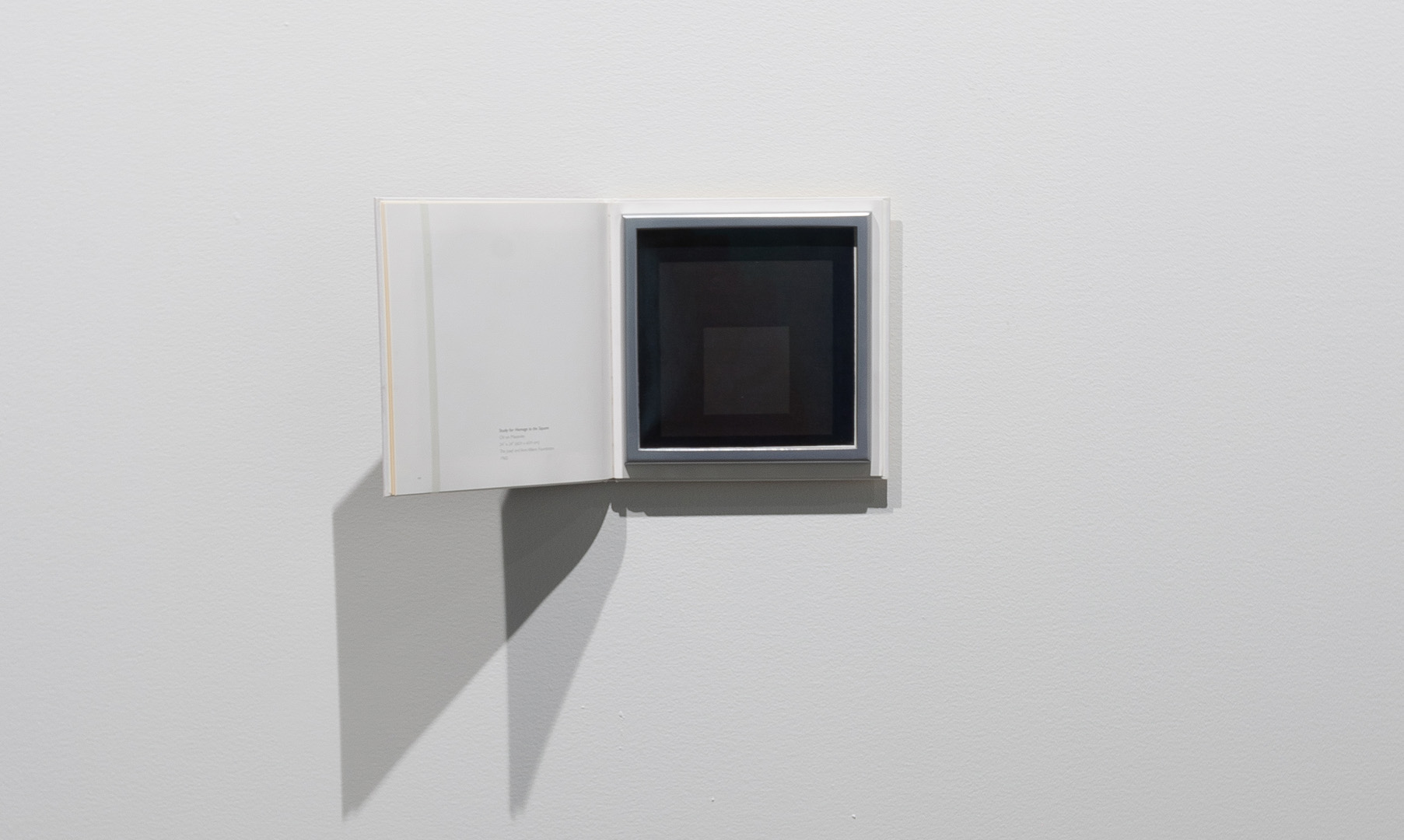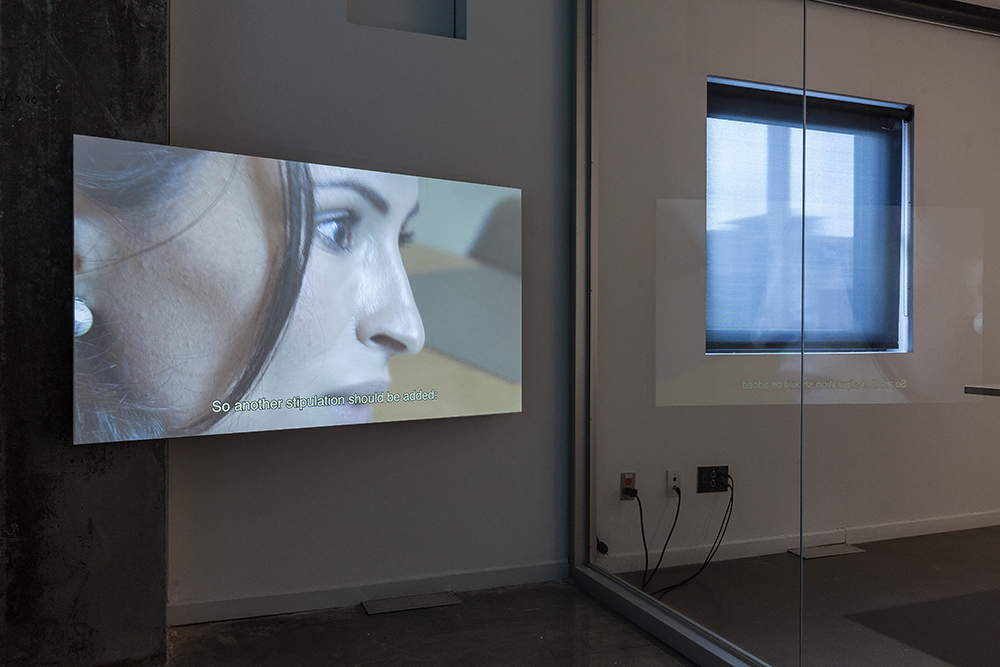L’imaginaire radical : le contrat social est le premier
projet d’une série d’expositions qui porte sur l’Institution et son histoire et
qui vise à faire comprendre omment les artistes se sont associés ou opposés à
celle-ci pour peu à peu faire infléchir ses positions. L’intention est
d’observer une pratique singulière de critique institutionnelle qui conçoit
l’Institution (le système judiciaire, l’université, l’économie, etc.) comme un
ensemble de formes processuelles, en transformation continue.
Le système judiciaire est l’institution observée dans ce premier volet. Les œuvres présentées mettent en question les outils et les concepts juridiques – règles, procédures, contrats, jurisprudence, procès – afin de révéler comment ils agissent sur l’art, son système et ses acteurs, tout en transformant les règles du jeu social. Non seulement les artistes s’approprient-ils les dispositifs juridiques, rendant manifeste leur dimension éthique ou politique, mais ils étudient aussi les codes invisibles qui les régissent – tels les enjeux entourant la propriété intellectuelle –, et qui transforment inéluctablement leur travail et les institutions dans lesquelles ils évoluent.
Suite
Le système judiciaire est l’institution observée dans ce premier volet. Les œuvres présentées mettent en question les outils et les concepts juridiques – règles, procédures, contrats, jurisprudence, procès – afin de révéler comment ils agissent sur l’art, son système et ses acteurs, tout en transformant les règles du jeu social. Non seulement les artistes s’approprient-ils les dispositifs juridiques, rendant manifeste leur dimension éthique ou politique, mais ils étudient aussi les codes invisibles qui les régissent – tels les enjeux entourant la propriété intellectuelle –, et qui transforment inéluctablement leur travail et les institutions dans lesquelles ils évoluent.
Suite
L’imaginaire radical : le contrat social
The Radical Imaginary: The Social Contract
2018.09.13 — 2018.12.15

VOX, centre de l’image contemporaine
Avec / with Agency, Carlos Amorales, John Boyle-Singfield, Jill Magid, Milo Rau et/and Carey Young
Cabinet de lecture
Nina Beier, John Boyle-Singfield, Étienne Chambaud, Maria Eichhorn, Andrea Fraser, arkadi lavoie lachapelle et Jean-Frédéric Ménard, Kelly Mark, Nadia Myre et Le Club des Gentilshommes Avertis












The Radical
Imaginary: The Social Contract is the first project in a series of exhibitions
about the Institution and its history, seeking to understand how artists have
either associated themselves with or been opposed to it, gradually inflecting
its positions. The objective is to observe an alternative form of institutional
critique that conceives of the components of the Institution (the judicial
system, the university, the economy, etc.) as processual forms, in constant
transformation.
The
judicial system is the institution studied in this initial component. The
artworks presented call into question legal tools and concepts—rules,
procedures, contracts, jurisprudence, trials—so as to understand how they act
upon art, its system and its players, while altering the rules of the social
game. The artists not only appropriate the apparatus of the legal system,
exposing its ethical and political dimension, they also study the unseen codes
governing it: for example, issues around intellectual property, which are
inexorably transforming their work and the institutions in which they have
agency.
More
More